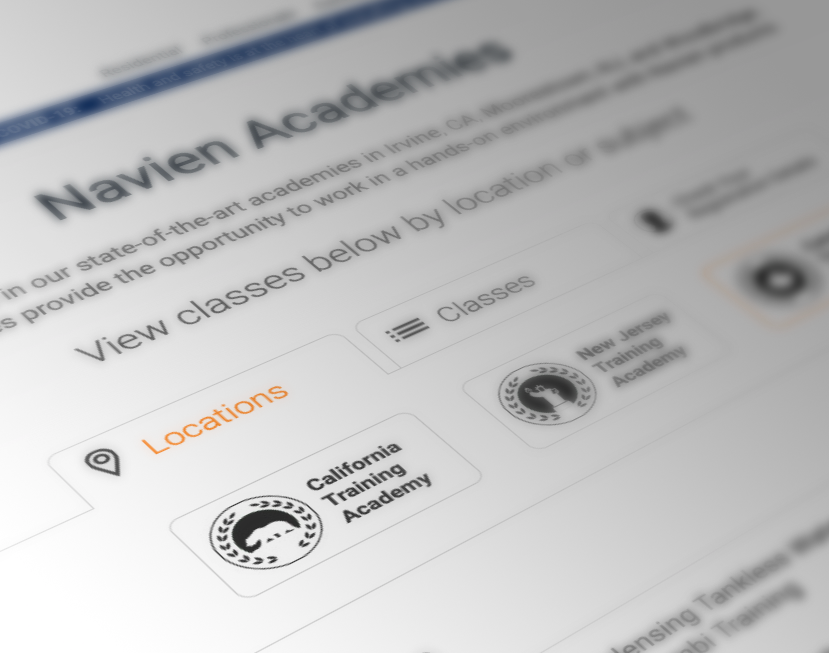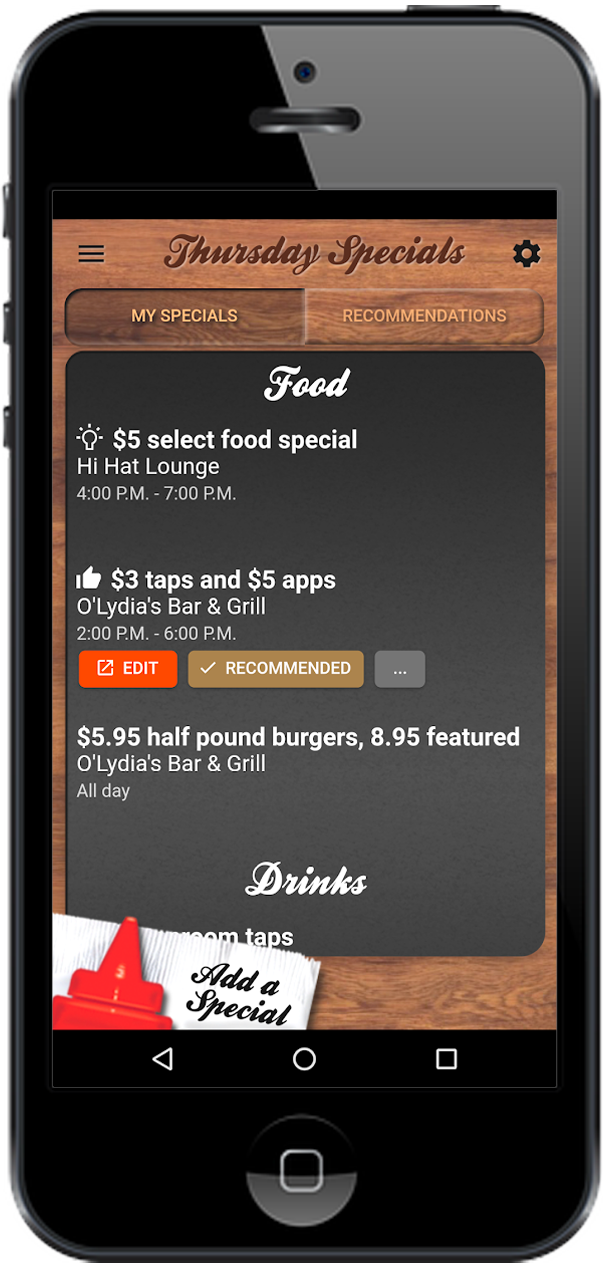Application Development
Application Development
Application Research & Strategy
Process Mapping & User Journeys
User Account Systems
Social Connectors
Search and Discovery
Proofs-of-Concept Applications or Apps
API Design & Development
Application Security & Privacy
Search & Discovery Systems
Byte's expertise is to mix content, data, functionality and usability into a cohesive, seamless web application.
 Creating quality web applications is a multi-disciplinary effort, and involves user experience, content strategy, information architecture, and database design, with each effort speaking to the business objectives of the application. We have experience with hundreds of web applications, and we add a little bit of web application functionality to most sites we build.
Creating quality web applications is a multi-disciplinary effort, and involves user experience, content strategy, information architecture, and database design, with each effort speaking to the business objectives of the application. We have experience with hundreds of web applications, and we add a little bit of web application functionality to most sites we build.
Common semi-custom web applications
Common web applications are customized and extended, and include:
- Event calendars and event registration
- Career and job postings
- Press centers with press clippings and press releases
- Staff and board databases
- E-commerce websites
- Data visualizations for current statistics
 Fully custom web applications
Fully custom web applications
Custom web applications are based on business or website objectives, and include:
- Member and membership-based websites
- Community and social websites
- Cloud-based web applications
- Scalable web applications
- Social media apps and connections
- Connecting to offsite APIs
- Developing and hosting on-site APIs
- Data collection and analysis
- Dashboards & business intelligence
 Custom web applications open the door to covering any ground, data size or API sources necessary. Data optimization and denormalizing, two-way data caching, or pulling XML or other data sources in are all par for the course. Making sense of millions of records and billions of relationships, and making it all make sense to users is what we do here.
Custom web applications open the door to covering any ground, data size or API sources necessary. Data optimization and denormalizing, two-way data caching, or pulling XML or other data sources in are all par for the course. Making sense of millions of records and billions of relationships, and making it all make sense to users is what we do here.
Custom web applications take a lot more planning because we need to go through our content strategy, information architecture and user experience phases to make a successful application.
We're also good at edge cases -- API-based applications, production to open source transfers, augmented reality, serial data connections to printers and hardware bluetooth connections are all in the realm.
Mobile apps versus mobile web applications
 It's worthwhile to know the difference between mobile web applications and mobile apps. Web applications work seamlessly on a mobile device -- we usually build fully-responsive web applications that look exactly like a mobile app. Users can even put a shortcut button on their mobile device's home screen just like a mobile app.
It's worthwhile to know the difference between mobile web applications and mobile apps. Web applications work seamlessly on a mobile device -- we usually build fully-responsive web applications that look exactly like a mobile app. Users can even put a shortcut button on their mobile device's home screen just like a mobile app.
Mobile apps are slightly different, though. Mobile devices are likely to go offline in elevators and planes, so mobile apps require on-device content and "data caching", where mobile web applications, like websites, require an online connection, and use more of a user's data. Mobile apps connect to mobile device's hardware like GPS locations, tilt sensors, cameras and photo libraries and push notifications, where web applications have limited connection to the hardware. (More modern mobile browsers do give web applications GPS locations and tilt sensors, and that's likely to increase, but it's not supported fully yet.)
Mobile apps require a little more work, usually, because of data caching and the hardware implements, and because the interface is often different based on the type of device. We build mobile apps using a hybrid system, so it's not a substantial cost difference, but if you created fully native experiences for iOS and Android, it would be a bit more cost for the mobile app.
Should you create a mobile web application or mobile app? It depends on the application and what happens in specific use cases, but if you need the phone's hardware to work for you, you need a mobile app. If you just want a great mobile experience, a mobile web application should work fine.
The Byte difference
We have data, information architecture and usability built into the very fabric of our process, not as an afterthought or extension of a complex framework. Wireframing and prototyping web applications fits seamlessly into our process, making the connections into a website or mobile experience seamless.
Web applications are built on real, standard database tables, thus making future upgrades and extensions a lot easier, and our clients' in-house technologists love it because it's a language everyone understands without the usual Wordpress or Drupal complexity or collation. We write in the most common language of the web without major back-end frameworks so nobody needs to inherit an out-of-fashion web project that doesn't make any sense. The pure data and development extensibility make our web applications more future-proof, and any future development teams will appreciate the simplicity.
Relationships matter. Byte stands behind our web application development and offers support for years past most people in this business. We love making adjustments and updates to meet business needs or solve user issues, and we love seeing and being part a web application's (and organization's) success over the years. Since referrals are the top way we meet new clients, happy clients are vital to our success.
Related Work
looking for a web team that will take the time to understand your organization's soul?
let's talk